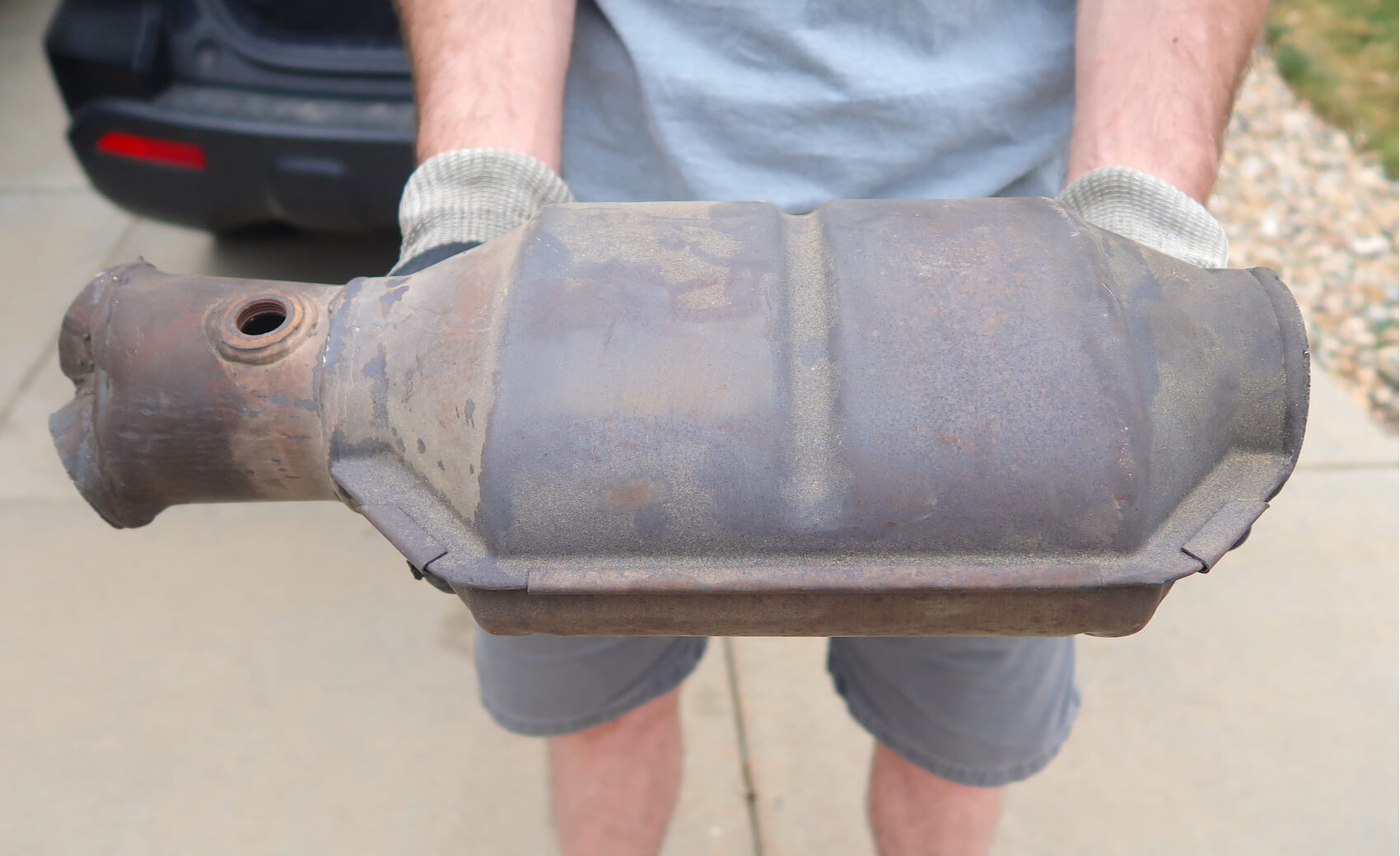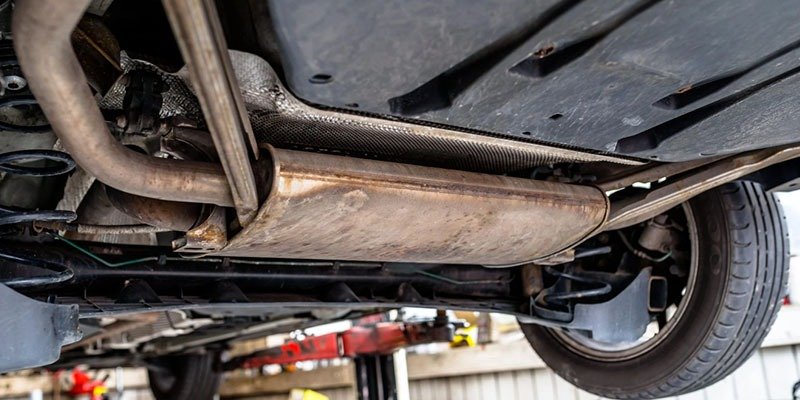The latest information about What Happens If You Drive Without A Catalytic Converter that you need can be found in this article, all of which we have summarized well.

What Happens If You Drive Without a Catalytic Converter?
I once knew a guy who thought it would be a good idea to remove his catalytic converter. He thought it would make his car sound cooler and give him a little extra power. But what he didn’t realize was that it would also make his car illegal to drive.
Catalytic converters are an important part of a car’s exhaust system. They convert harmful pollutants into less harmful ones before they’re released into the atmosphere. Removing a catalytic converter can cause your car to emit more pollutants, which can damage the environment and make the air we breathe less healthy.
What is a Catalytic Converter?
A catalytic converter is a device that helps to reduce the emissions from a car’s engine. It does this by converting harmful pollutants, such as carbon monoxide, hydrocarbons, and nitrogen oxides, into less harmful substances, such as carbon dioxide, water, and nitrogen.
Catalytic converters are made up of a ceramic honeycomb structure that is coated with a catalyst, usually platinum, rhodium, or palladium. The catalyst helps to speed up the chemical reactions that convert the pollutants into less harmful substances.
What Happens If You Drive Without a Catalytic Converter?
Driving without a catalytic converter is illegal in most states. If you’re caught driving without one, you could face fines and other penalties.
In addition to being illegal, driving without a catalytic converter can also be dangerous. The pollutants that are released from a car’s engine without a catalytic converter can be harmful to your health and the environment.
Here are some of the specific effects that driving without a catalytic converter can have:
- Increased emissions of harmful pollutants. Catalytic converters help to reduce emissions of carbon monoxide, hydrocarbons, and nitrogen oxides. Removing a catalytic converter can significantly increase the levels of these pollutants in your car’s exhaust.
- Damage to the environment. The pollutants that are released from a car’s engine without a catalytic converter can damage the environment. Carbon monoxide can contribute to smog and ozone formation, which can cause respiratory problems and other health issues. Hydrocarbons can react with other pollutants to form ground-level ozone, which can also cause respiratory problems. Nitrogen oxides can contribute to acid rain, which can damage forests and lakes.
- Decreased fuel efficiency. Catalytic converters help to improve fuel efficiency by reducing the amount of fuel that is wasted. Removing a catalytic converter can decrease your car’s fuel efficiency by up to 10%.
- Increased noise. Catalytic converters help to reduce the noise from a car’s engine. Removing a catalytic converter can make your car louder.
What are the Latest Trends and Developments Related to Catalytic Converters?
There are several new trends and developments related to catalytic converters. One trend is the development of new catalytic converter technologies that are more efficient and effective at reducing emissions.
Another trend is the increasing use of catalytic converters in other applications, such as power plants and industrial facilities. Catalytic converters are becoming increasingly important in reducing emissions and improving air quality.
Tips and Expert Advice
If you’re thinking about removing your catalytic converter, I urge you to reconsider. Catalytic converters are an important part of your car’s exhaust system, and they provide significant environmental and health benefits.
Here are a few tips for keeping your catalytic converter in good working order:
- Get regular oil changes. Dirty oil can clog your catalytic converter and reduce its effectiveness.
- Don’t use leaded fuel. Leaded fuel can damage your catalytic converter.
- Have your car inspected regularly. A regular inspection can help to identify any problems with your catalytic converter and get them fixed before they cause serious damage.
FAQ
Q: Is it illegal to drive without a catalytic converter?
A: Yes, it is illegal to drive without a catalytic converter in most states.
Q: What are the penalties for driving without a catalytic converter?
A: The penalties for driving without a catalytic converter vary from state to state, but they can include fines, jail time, and impoundment of your vehicle.
Q: What are the symptoms of a bad catalytic converter?
A: The symptoms of a bad catalytic converter can include a decrease in fuel efficiency, an increase in emissions, a louder exhaust noise, and a check engine light.
Conclusion
Catalytic converters are an important part of a car’s exhaust system, and they provide significant environmental and health benefits. Driving without a catalytic converter is illegal, dangerous, and can damage your car. If you’re thinking about removing your catalytic converter, I urge you to reconsider.
Are you interested in this topic? Let us know in the comments below!

Image: www.moparmax.com
You have read What Happens If You Drive Without A Catalytic Converter on our site. Thank you for your visit, and we hope this article is beneficial for you.